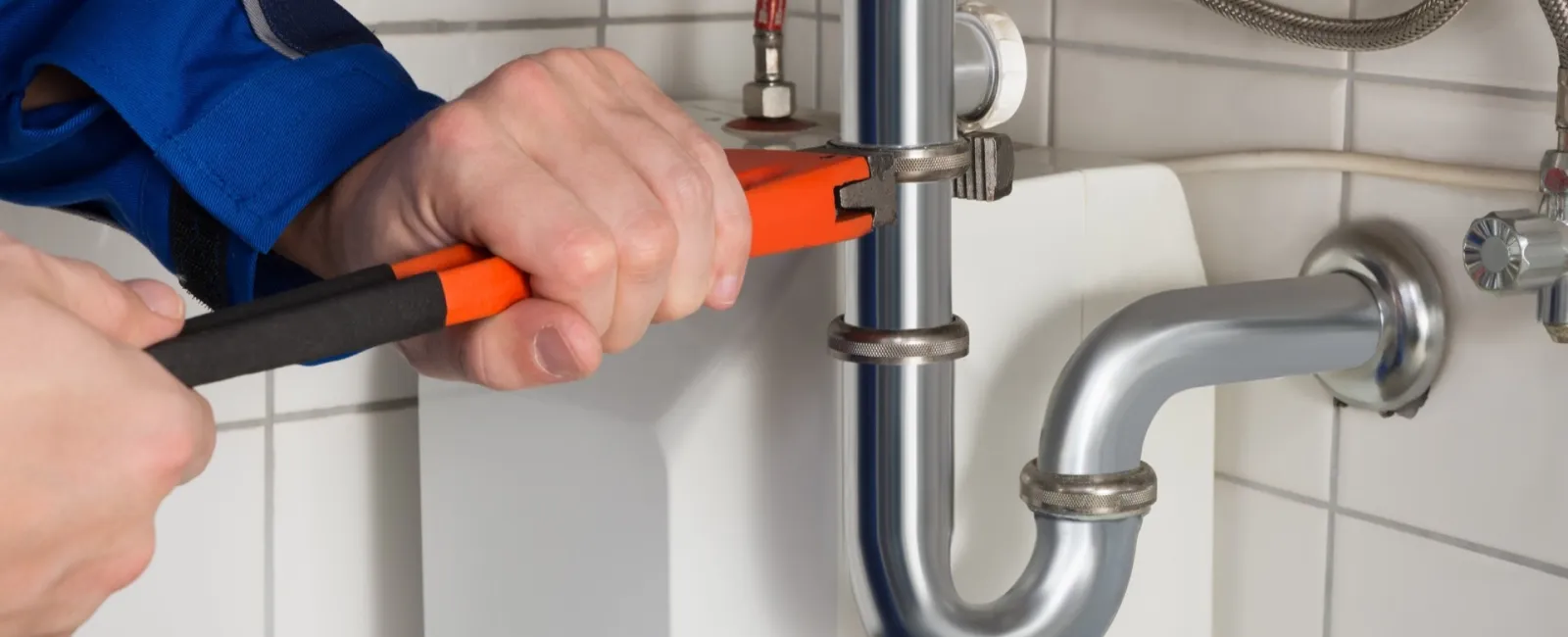An electric heat pump water heater is a type of water heater that uses electricity to move heat from one place to another instead of generating heat directly. This makes it a more energy-efficient option compared to traditional electric water heaters.
Even if you've never had flooding problems in the basement of your Atlanta home, be proactive and install an electric water pump.
These pumps divert groundwater away from the foundation — water that otherwise would infiltrate your home and flood the basement. Electric water pumps also keep up with rainwater. Homes whose basements routinely smell musty and damp, or even have mold or pools of water on the floor, are ideal candidates for a water pump.
How an Electric Heat Pump Works
Heat Extraction: The heat pump uses electricity to capture heat from the surrounding air and transfers it to a refrigerant.
Heat Transfer: The heat in the refrigerant is then compressed, raising its temperature significantly.
Heating the Water: This hot refrigerant is then circulated through the water tank, transferring its heat to the water.
Because they use heat pump technology, these types of water heaters can be up to three times more energy efficient than conventional electric resistance water heaters. However, they require installation in locations that remain in the 40º-90ºF (4.4º-32.2ºC) range year-round and provide at least 1,000 cubic feet (28.3 cubic meters) of air space around the water heater.
Electric pumps
These are the primary types of water pumps:
- The motor on a pedestal pump isn't designed to be submerged in water. Connected by a column, it sits above the basement floor and outside the actual water pump.
- A submersible pump is submerged in water, employing a motor that is tightly sealed and protected.
- Water-powered pumps can help you save on energy costs, as they are activated by water. However, your water bills may be higher as a result. If the water pressure in your home isn't very powerful, the system may not be able to keep up with water disposal.
Other considerations
Selecting and installing an electric water pump is not a DIY job. It's a complicated process, especially if your home doesn't already feature a well for the pump. A licensed Atlanta plumber can help you consider your options and evaluate these factors for selecting a pump:
- Drainage. Pump capacity depends largely on how much of the home's drainage system will run through the pump.
- Groundwater levels. You'll need a reliable, large-capacity pump if your foundation sits below the water table. If it's above the water table, it may be safe to go with a water-powered pump.
- Economy. Pedestal water pumps are economical; however, the basin must be able to accommodate the motor outside of it. These pumps don't last as long as submersible types, and the motor can be noisy, too.
- Submersible. These pumps are quiet and unobtrusive, as they rest tucked beneath the basin. If you're worried about pets or small children interfering with the raised motor of pedestal types, go with a safe submersible pump. Additionally, if you're installing a water pump in a finished basement, the submersible pump is ideal
